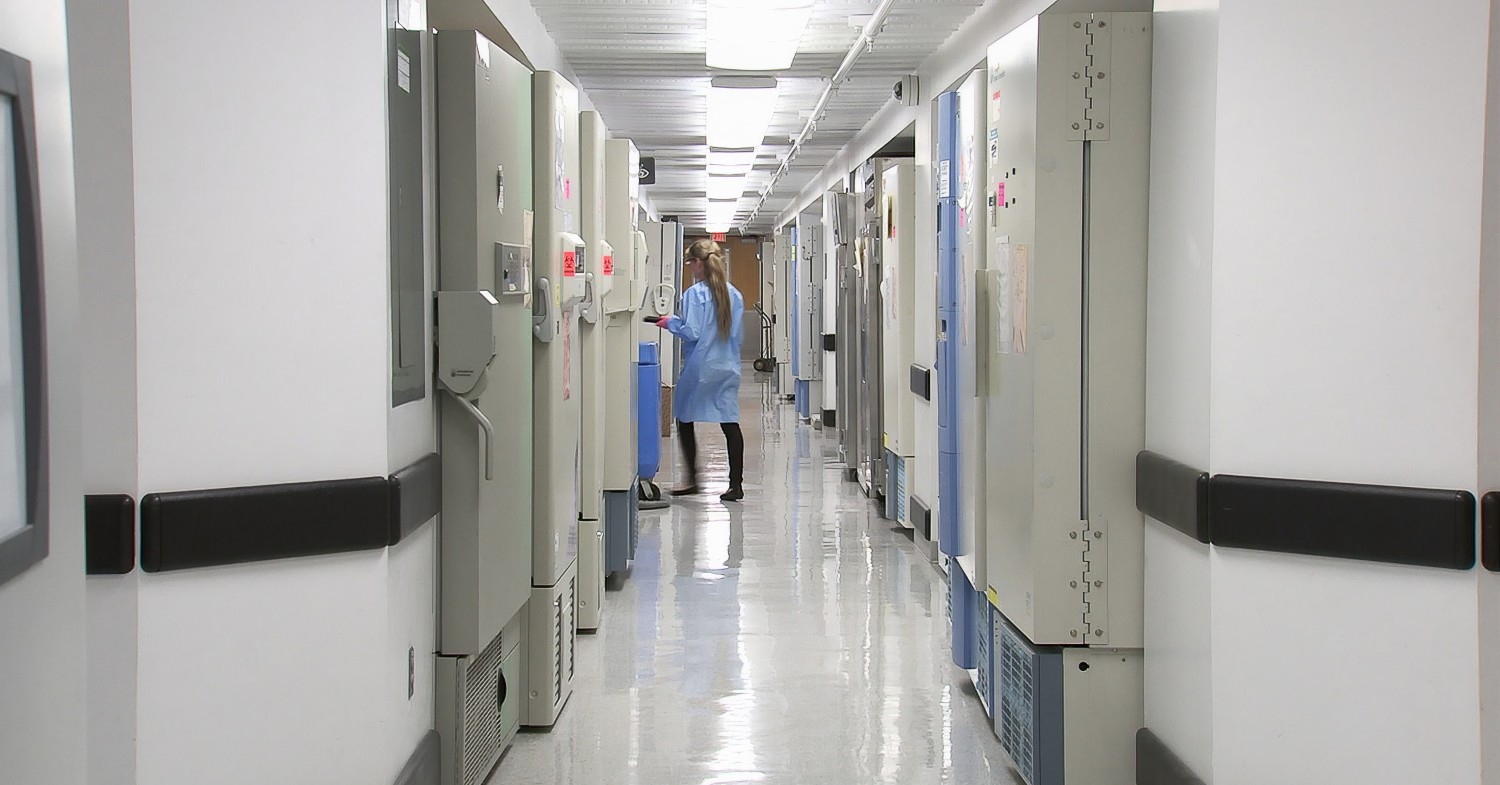
Is a Career as a Pediatric Social Worker Right For You?
Pediatric social worker means much more than the job title [...]
Fred Rogers (aka Mister Rogers of children’s television fame) said it best: “When I was a boy and I would see scary things in the news, my mother would say to me, ‘Look for the helpers. You will always find people who are helping.'”
Social workers rank high on the list of helpers. If you’re interested in a career in social work, helping the helpers can be a good way to test the waters. Here’s a guide to volunteering in social work to see whether it’s the right job for you and, if so, where you best fit in. This article discusses:
Social workers come in many different varieties, from school social workers helping children start out in the world to hospice social workers helping people at the end of life. Each of those jobs brings unique experiences from one day to the next.
“Nothing prepared me for the fact that, as a social worker, no two days would ever be the same,” says Carolyn Esparza, a licensed clinical social worker (LCSW) working in criminal justice. “Therefore, to be most effective, students must become exceptionally comfortable with being flexible.”
It’s a challenge to describe a social worker’s typical workday, but let’s give it a shot. Some routine activities apply to most social workers, including:
“It’s never the same,” writes reddit user Bdi89, a public housing advocate/case manager. “I love that. I could be walking into a crisis situation… doing outreach, shadowing other workers for safety, [attending] care coordination meetings, assisting clients to attend doctors/specialists, going to court, advocating for brokerage, calming someone down, taking great feedback, taking poor feedback, driving all over my city.”
| University and Program Name | Learn More |
|
Virginia Commonwealth University:
Online Master of Social Work
|
Social volunteers commonly help people meet basic needs, whether in their own city or while traveling the world. Worldpackers, an organization that connects travelers with volunteer opportunities, lists the following social volunteer activities:
The Baylor School of Social Work suggests the following agencies and community services as good volunteer programs for aspiring social workers:
A similar list from Indeed spotlights the Red Cross and YMCA as well as other government and nonprofit organizations:
At the most basic level, education, qualifications, and pay separate full-time professional social workers from part-time amateur social volunteers. Social workers need a college degree and a license or certification, depending on the requirements of the state where they work. Social volunteers don’t need a degree; they simply need spare time and a commitment to service.
Those distinctions also explain the difference in the activities in which they engage. Social workers take a deep dive into the issues of people in need: abused children, combat veterans, homeless people, and adults with substance-abuse issues, among others. Social volunteers do lower-impact work such as tutoring young people, delivering meals, or cleaning homes of elderly people.
Social workers are held to a professional code of ethics, committing them to values that include service, social justice, and the importance of human relationships. Social volunteers are expected to behave in an ethical manner, of course, but they are not held to the same high standards as professionals.
Social work volunteer opportunities convey multiple benefits, allowing you to:
HelpGuide, a website devoted to mental health and wellness, cites the following benefits. Volunteering:
“Many people find volunteer work to be helpful with respect to stress reduction, and we know that stress is very strongly linked to health outcomes,” says Rodlescia Sneed, a social gerontologist.
If volunteering convinces you that social work is the right career path, you’ll need to take other important steps to turn pro. For starters, you’ll most likely need:
You’ll also need an arsenal of soft skills at your disposal, including:
Your options and earning potential will be limited, but Indeed lists a handful of social work jobs you can get without a college diploma:
Indeed recommends other steps toward landing a social work job without a degree, volunteering first and foremost. Other suggestions include taking classes (such as psychology and childhood development) and earning certifications (such as first aid and crisis intervention).
Perhaps you want to ease into a social work career. Maybe you like the idea of helping others and making a difference, but you’re not up for the stress of a job in child protective services or hospice. Here are some lower-stress options for social workers, some overlapping with jobs you can get without a degree:
On a reddit thread discussing lower-stress social work jobs, several people make the point that the culture where you work may be as important as the position you hold.
“I’d encourage you to think about what type of environment you work best in,” says grocerygirlie, a hospice LCSW. “Do you value independence or do you like strong supervision? Do you want to be chummy with coworkers or have a more civil/less friends relationship? Do you like set hours or flexible hours? Do you need quiet to do progress notes or is chaos okay? When you know what you’re looking for, I think it becomes easier to weed out the ‘stressful’ jobs.”
(Last Updated on February 26, 2024)
Questions or feedback? Email editor@noodle.com

Pediatric social worker means much more than the job title [...]

Social workers on a job search should include strong professional [...]

If you hope to effect change in policy and service [...]

Medical social workers help clients at a variety of service [...]

The AASWSW's grand challenges for social work include interventions to [...]
Categorized as: Social Work, Social Work & Counseling & Psychology